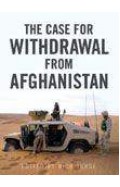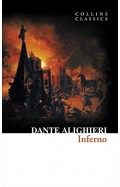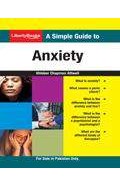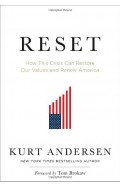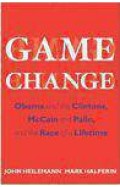Who are We America s Great Debate
By: Samuel P. Huntington
-
Rs 3,870.00
- Rs 4,300.00
- 10%
You save Rs 430.00.
Due to constant currency fluctuation, prices are subject to change with or without notice.
We're Offering A High Discount On This Book As It Is Slightly Damaged
In his new book, the author of THE CLASH OF CIVILIZATIONS turns his attention from international cultural divides to the cultural rifts in America. The patriotic response to the events of September 11 only highlighted the loss of American identity at home, says Huntington, and already patriotic fervour has begun to subside. The United States was founded by British settlers who brought with them a distinct culture including the English language, Protestant values, individualism, religious commitment and respect for law. Waves of immigrants later came to America, but they gradually accepted these values and assimilated into the Anglo-Protestant culture. More recently, however, national identity has been eroded by the problems of assimilating massive numbers of primarily Hispanic immigrants; bilingualism, multiculturalism, the devaluation of citizenship and the 'denationalisation' of American elites. To counterpoint this, Huntington draws attention to the beginnings of a revival of American identity in a post-September 11 world where countries face unprecedented challenges to national security. WHO ARE WE? is an important work of political, historical and cultural inquiry that, like Huntington's previous book, is certain to spark a lively debate.
| Book | |
| What's in the Box? | 1 x Who are We America s Great Debate |
We're Offering A High Discount On This Book As It Is Slightly Damaged
In his new book, the author of THE CLASH OF CIVILIZATIONS turns his attention from international cultural divides to the cultural rifts in America. The patriotic response to the events of September 11 only highlighted the loss of American identity at home, says Huntington, and already patriotic fervour has begun to subside. The United States was founded by British settlers who brought with them a distinct culture including the English language, Protestant values, individualism, religious commitment and respect for law. Waves of immigrants later came to America, but they gradually accepted these values and assimilated into the Anglo-Protestant culture. More recently, however, national identity has been eroded by the problems of assimilating massive numbers of primarily Hispanic immigrants; bilingualism, multiculturalism, the devaluation of citizenship and the 'denationalisation' of American elites. To counterpoint this, Huntington draws attention to the beginnings of a revival of American identity in a post-September 11 world where countries face unprecedented challenges to national security. WHO ARE WE? is an important work of political, historical and cultural inquiry that, like Huntington's previous book, is certain to spark a lively debate.
Who are We America s Great Debate
By: Samuel P. Huntington
Rs 3,870.00 Rs 4,300.00 Ex Tax :Rs 3,870.00
The Clash of Civilizations and the Remaking of World Order
By: Samuel P. Huntington
Rs 2,695.50 Rs 2,995.00 Ex Tax :Rs 2,695.50
Zubin Mehta: A Musical Journey (An Authorized Biography)
By: VOID - Bakhtiar K. Dadabhoy
Rs 892.50 Rs 1,050.00 Ex Tax :Rs 892.50
Myths Illusions and Peace: Finding a New Direction for America in the Middle East
By: Dennis Ross
Rs 766.50 Rs 1,095.00 Ex Tax :Rs 766.50
Reset: How This Crisis Can Restore Our Values and Renew America
By: Kurt Andersen
Rs 450.00 Rs 500.00 Ex Tax :Rs 450.00
How To Win A Cosmic War God Globalization And The End Of War
By: Reza Aslan
Rs 625.50 Rs 695.00 Ex Tax :Rs 625.50
Game Change Obama And The Clintons McCain And Palin And The Race Of A Lifetime
By: John Heilemann
Rs 715.50 Rs 795.00 Ex Tax :Rs 715.50
Londonistan: How Britain is Creating a Terror State Within
By: Melanie Phillips
Rs 170.00 Rs 200.00 Ex Tax :Rs 170.00
No similar books from this author available at the moment.
No recently viewed books available at the moment.
Zubin Mehta: A Musical Journey (An Authorized Biography)
By: VOID - Bakhtiar K. Dadabhoy
Rs 892.50 Rs 1,050.00 Ex Tax :Rs 892.50
Who are We America s Great Debate
By: Samuel P. Huntington
Rs 3,870.00 Rs 4,300.00 Ex Tax :Rs 3,870.00
The Clash of Civilizations and the Remaking of World Order
By: Samuel P. Huntington
Rs 2,695.50 Rs 2,995.00 Ex Tax :Rs 2,695.50












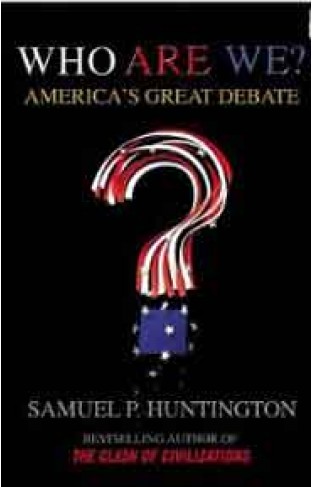
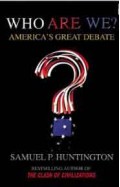
-120x187.JPG?q6)
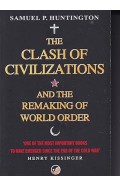

-120x187.jpg?q6)







